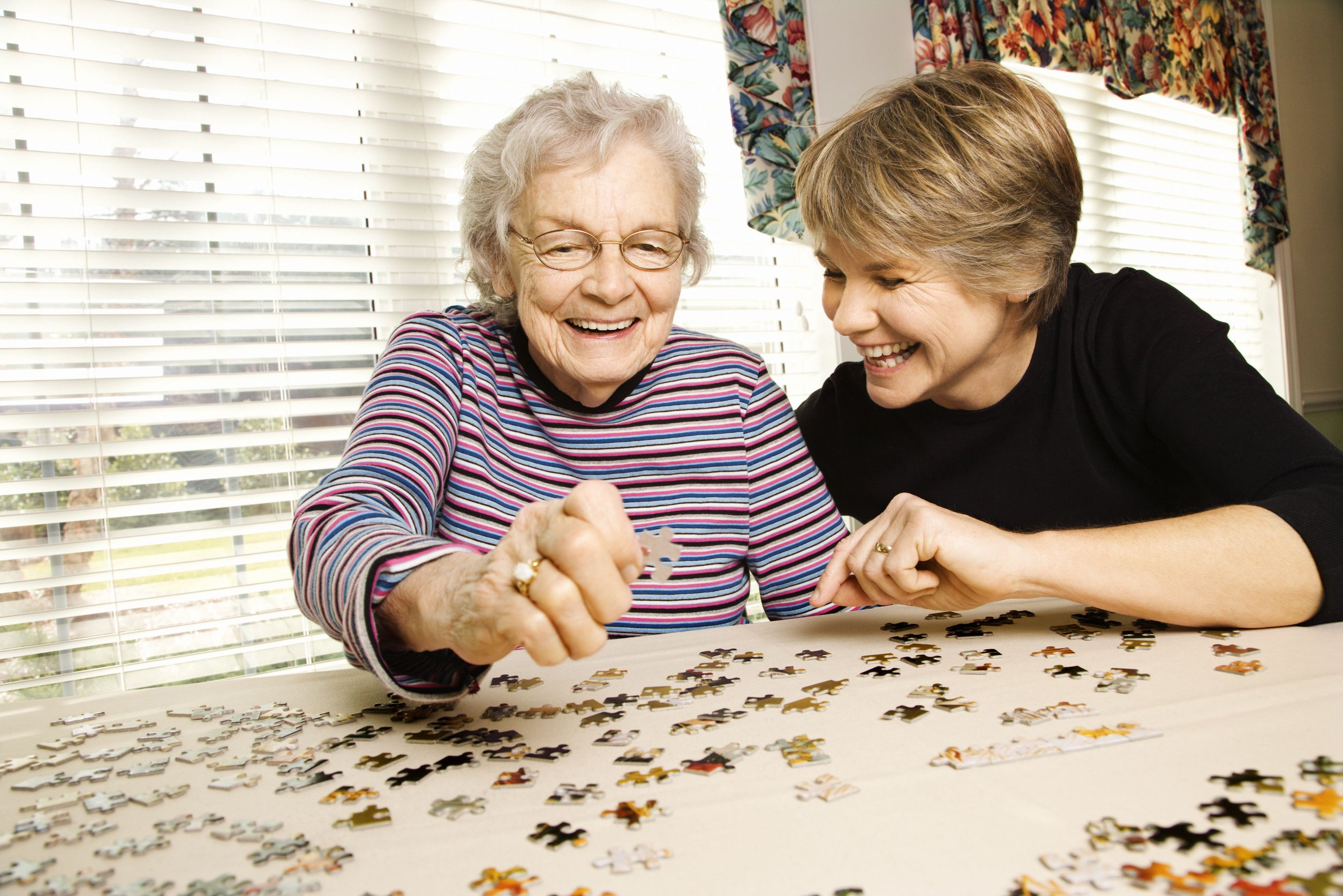
02 Aug The Dementia Dilemma
THE DEMENTIA DILEMMA: FACING THE TRUTH ABOUT AGING
In the United States, Alzheimer’s disease and other dementias affect over 5 million people and their families annually. With the average American lifespan increasing yearly, that number is only expected to grow (Alzheimer’s Association, www.alz.org). Dementia involves the loss of mental function and the loss of ability to make decisions about your personal care, finances, or end-of-life wishes. Even after you have been diagnosed with dementia or another age-related condition, it can be challenging to figure out what options are available to you.
The older we get, the more we’re expected to understand how aging affects our body and mind. Unfortunately, many of us are unaware of how to differentiate between what’s normal and what’s a sign of dementia or Alzheimer’s disease (the most common form of dementia). This article highlights several changes that affect us as we age, emphasizing how to tell the difference between these changes and those that indicate cognitive decline or other issues, such as depression.
Learn about some of the most common signs of dementia and how you or someone you love can stay safe while experiencing them below.
Living with dementia
Dementia is a debilitating disease that robs people of their memories and, eventually, their lives. It’s a scary diagnosis, but it’s one that millions of people face every year. Yet many don’t even know they have it. For example, nearly half of all dementia cases are due to Alzheimer’s disease (AD). Yet only 60% of people with AD are diagnosed as such; the rest are living with AD without knowing what has caused their symptoms. That can lead to later-stage dementia when a person realizes something is wrong and seeks help, often too late for effective treatment.
Understanding the signs of Alzheimer’s
As we age, it’s normal to experience some forgetfulness. However, certain signs may indicate Alzheimer’s disease, which is a type of dementia. These include difficulty completing familiar tasks, trouble with language and vision, disorientation, poor judgment, and changes in mood and personality. If you notice these changes in yourself or a loved one, you must see a doctor for a diagnosis. With early detection, doctors can provide treatments to slow down the progression of the disease.
You can also take steps to improve your quality of life and minimize your risk of developing dementia, such as eating a healthy diet low in saturated fats and high in fruits and vegetables, exercising regularly, and staying socially active through activities like volunteering or taking classes.
What ethical issues do dementia patients face?
As our population ages, more people are diagnosed with dementia. This presents several ethical issues, both for the patients and their families. One of the most difficult aspects of dementia is that it can slowly rob a person of their memories and ability to think clearly. This can make it hard for patients to make decisions about their care or even to understand what is happening to them. Families also face difficult choices when a loved one is diagnosed with dementia.
Caring for your loved ones with dementia
Watching a loved one have dementia can be very difficult, especially as they age. However, there are ways to help ease their pain and make their lives more comfortable. Here are a few tips for caring for your loved ones with dementia
- Give them opportunities to stay active daily; playing games or cards will also help keep their minds engaged.
- Find a doctor in the Melbourne, FL, area that specializes in Dementia.
- Offer lots of comfort throughout the day; it’s essential to soothe any worries or fears they may have about being alone or becoming disoriented.
- Help them find joy in things again by trying new activities such as gardening or cooking. You can get activity ideas at https://zonbeachside.com/wp-content/uploads/Memory-Care.pdf.
- Encourage socialization through visits from friends and family.
- Provide sensory stimulation, such as soothing music or scents of their favorite flowers.
- As the caregiver, take time for yourself. Tap into the many resources that the Melbourne, FL, area offers to support caregivers.
- Utilize the local Melbourne, FL, chapter of the Alzheimer’s Association for additional resources at www.alz.org.
Final Thoughts on the Dementia Dilemma
As you age, the effects of dementia and other cognitive disorders will become increasingly relevant to your life and the lives of your family members and friends. While some symptoms can be brushed off as simply getting older, there’s more to it than that — symptoms can seriously affect your ability to function in everyday life and may even be life-threatening in some cases. The Dementia Dilemma and Facing the Truth on Aging can improve a Senior’s overall quality of life.



